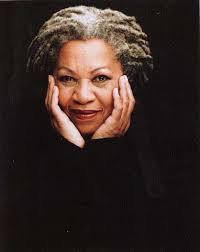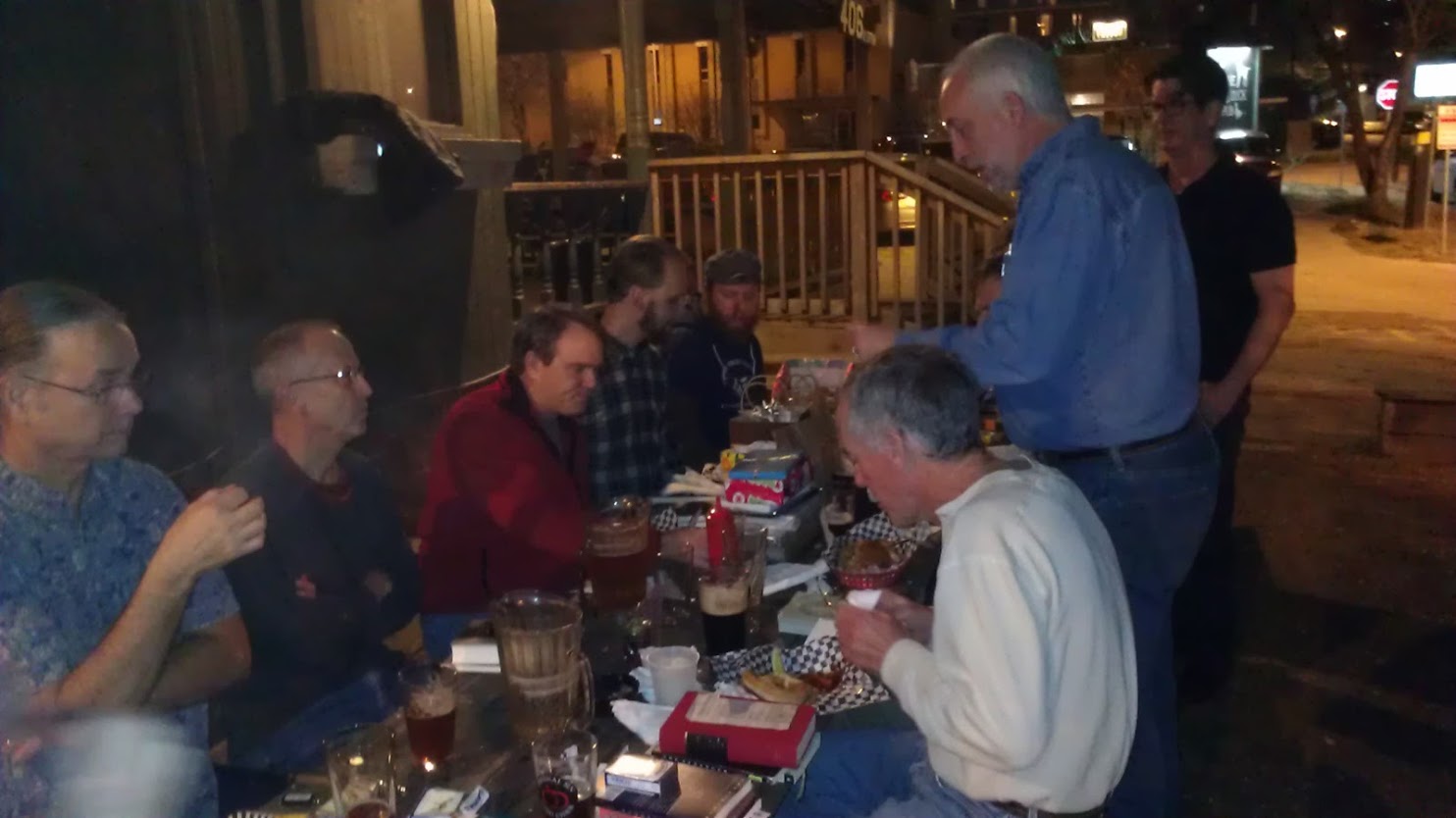If some among us were lukewarm toward Toni Morrison before, having read only Beloved, virtually all became enthusiastic fans after reading Song of Solomon and the discussion last Saturday.
Our first book by Morrison had mixed reviews by our group, though still mostly positive. Nevertheless, I think some felt a little too much black-oppression-in-your-face about Beloved that compromised the pure enjoyment of the book. Song of Solomon, however, was free of ‘black angst’ as someone put it, and permitted us to simply relish the book, marvel at the similarities to Faulkner and gain a strong, new respect for Toni Morrison.
We quickly observed her use of names: Milkman, Pilate, First Corinthians, Magdelene called Lena, Guitar, Hagar, Hospital Tommy, Railroad Tommy, Empire State. The surname ‘Dead’. We also enjoyed the setting – an unknown Michigan city, and Morrison’s own home state.
Her ability to weave together multiple symbols we found purely magical. She took us through a common human journey, the quest to find one’s identity and history. In the case of Milkman Dead, it was a history that was lost as it is for many black people who were given new identities by institutions and careless white administrators. Events and dialogue had an unsettled, slightly vague and quirky feel at times, again in a vein similar to Faulkner or Flannery O’Connor. Artifacts such as the peacock, the bones in the bag, and the cave were delightful puzzles to try and solve.
We discussed in the most detail the scene with Circe in the old decrepit house, the love scene with Sweet, the nature of Guitar and the “Seven Days'” vengeance against injustice. And right out of the gate, we started wrestling over the meaning of the ending – did Milkman die? Jump off a cliff? Was he shot by Guitar? Did he really fly away? And why did Morrison end the book that way? The most obvious link is to the opening scene where Robert Smith is jumping from the roof of the Mercy Hospital. And of course, Milkman’s great grandfather Solomon is said to have flown to Africa, to an even earlier, richer history. But the question of the ending was never settled.
We agreed that Morrison’s talent as a writer is immense, her achievements are of the highest order (Nobel, Pulitzer, Presidential Medal of Freedom) and that she deserves all the accolades she has received.
The book for May is Peter the Great, by Robert Massie (link in last month’s post).
June’s book will be The War of the End of the World by Mario Vargas Llosa. Some will be surprised to learn that this book is not science fiction but historical fiction, about the War of the Canudos in late 19th Century Brazil. I’m guessing the title is the exaggerated description of the experience of those in midst of the conflict. And, its not a short book – over 500 pages – but online review describe it as highly interesting and hard to put down.
